Thoughts on Raising Free People: Tantrums
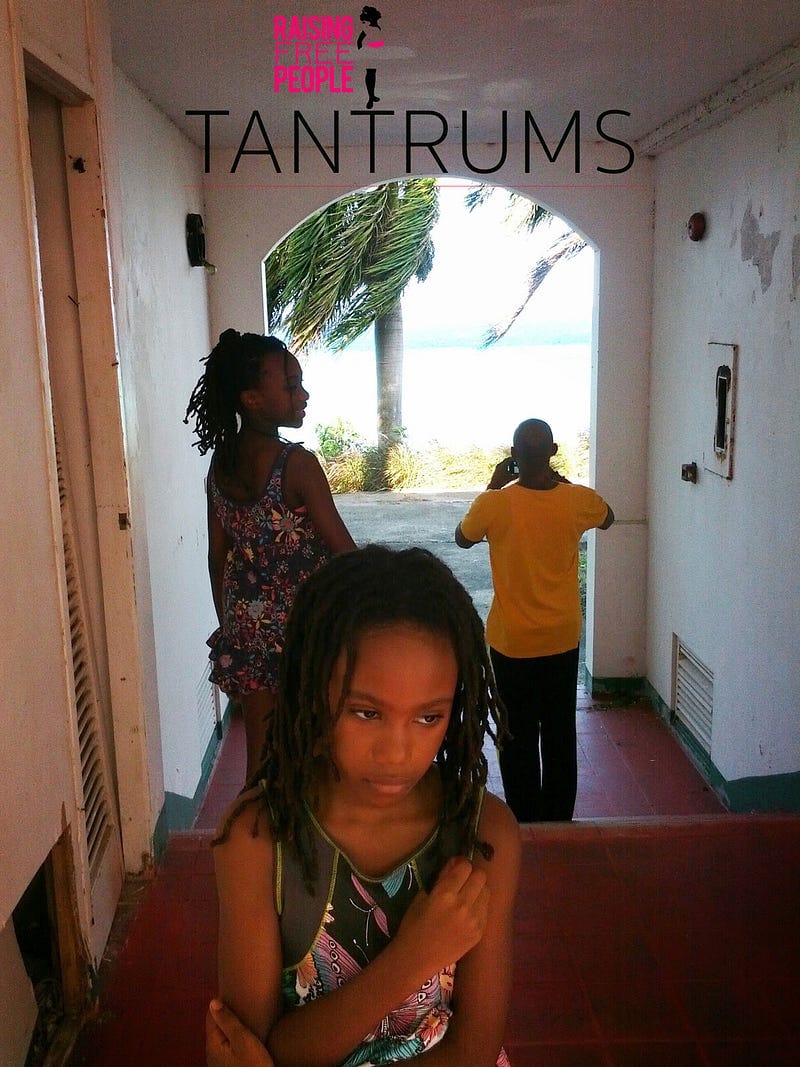
We rarely extend mood courtesies to children. For example, if a child throws a tantrum, we view that as them being “bad” or misbehaving, and we react accordingly. But if I catch you on a shitty day, you can (probably) articulate that you’re having a shitty day, therefore your version of a tantrum doesn’t make you bad, you’re just having your bad day.”
With children, they don’t get that privilege; we just go into correction mode, and we react to their “bad day” expression with anger, or violence, or threats.
Essentially, we react to their tantrums with our own, and it turns out we don’t have to do that.
We can tell them what we observe as they express themselves, and check in with our guts (not our reactive selves) on how we want to respond.
We can also choose to be witnesses, not fixers, of their feelings.
Of course, we also have to keep them safe, and some children don’t get to express their feelings in public without the threat of retaliation based on biased policing and racist reactions (read: Black children and Brown children). Still, we have to find ways to meet our children’s needs without centering fear-based, oppressive approaches to their human feelings.
One mother in Raising Free People Workshop shared how she shifted from a frustration-based “what’s wrong with her?” to “how can I help her?” in supporting her 3-year-old through her tantrums. Have you thought about what might work for your child?
I’m not saying this is easy, and I’m damn sure not saying that I have this mastered, but I am saying it’s an option, and when we choose it, we strengthen our relationships with them, not enforce our power over them.
And even if they’re young or reserved, and can’t (or won’t) articulate what’s wrong, by responding instead of reacting, we’re teaching them that we want to know what’s happening, and that we care about what’s causing the feeling. That option helps build trust where the reactionary option creates distance and fear.
Most of us know from experience, that our reactions to children’s self-expression won’t necessarily change their behavior, it only stops them from showing us their real feelings. For some parents, that’s enough. For others, it’s not. We’re deschooling ourselves from oppressive parenting models because we want to know the real person, not the version they feel forced to show us.
Thankfully, there is so much we can do to nurture authentic expression among our children, while offering support and even alternatives to their tendency to react to their own “bad day” feelings with tantrums.
***

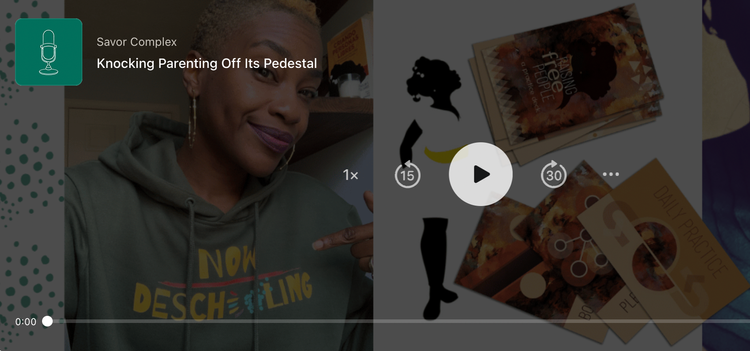
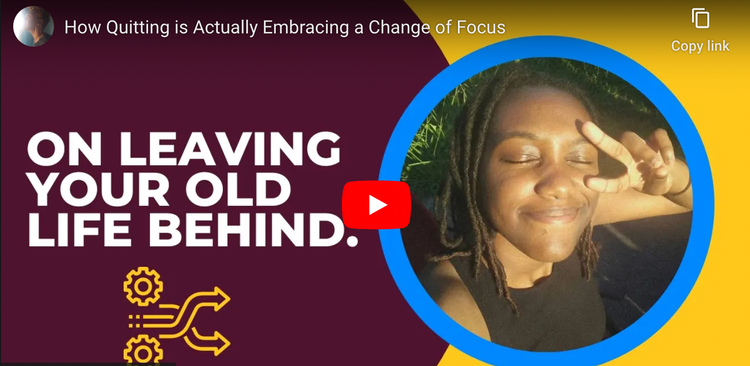
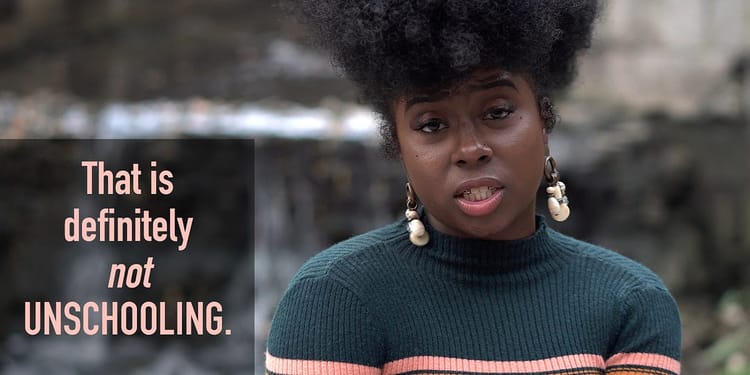
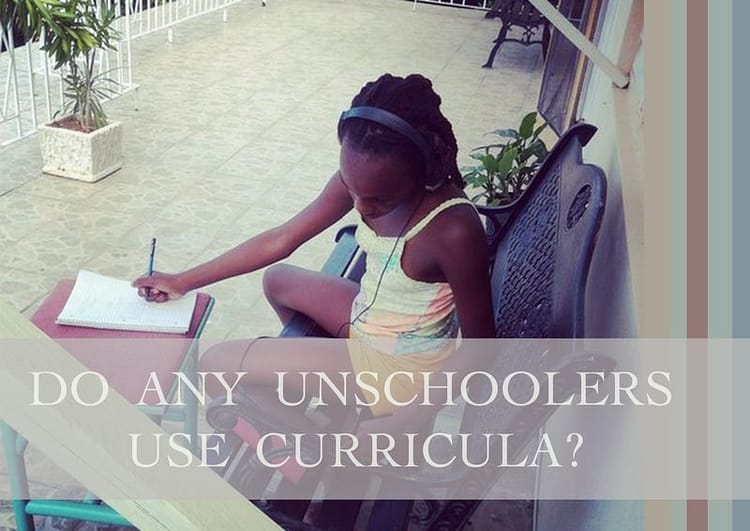

Member discussion